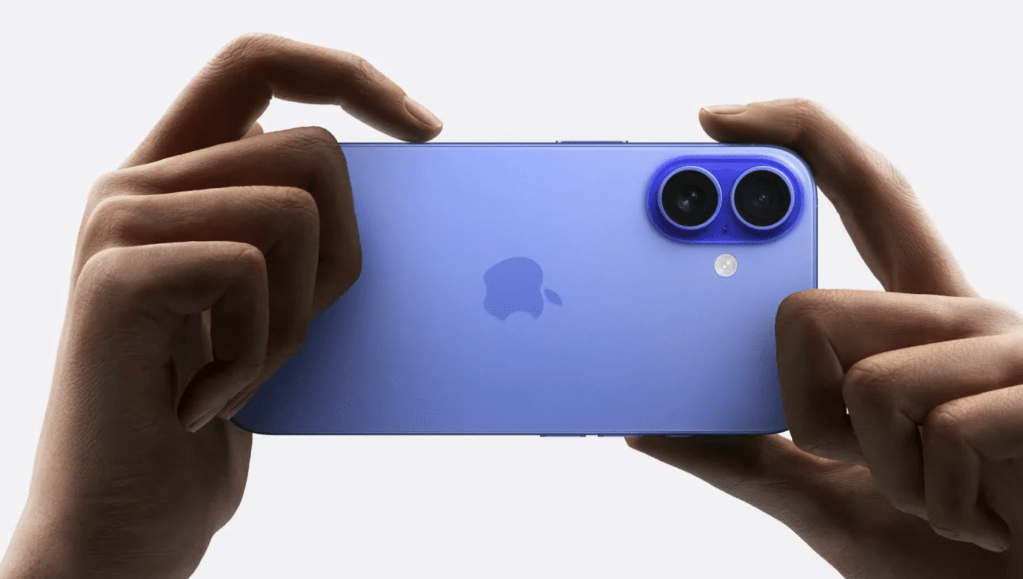Apple’s approach is to support those external services while building up its own AI suite with its own unique — and, if you ask me, vitally necessary — selling point around privacy. Others follow a different path, but it’s hard to ignore that control of your computational experience is the root of all these ambitions.
King of the hill
With its early mover advantage, OpenAI is not blind to the battle. Just this week it introduced support for different applications across Windows and Mac desktops. In a Nov. 14 message on X (for whomever remains genuinely active there), Open AI announced: “ChatGPT for macOS can now work with apps on your desktop. In this early beta for Plus and Team users, you can let ChatGPT look at coding apps to provide better answers.”
That means it will try to help when working in applications such as VS Code, Xcode, and Terminal. While you work, you can speak with the bot, get screenshots, share files and more. There is, of course, also a ChatGPT app for iPhones, and the first comparative reviews of the experience of using both Gemini and ChatGPT on an Apple device show pros and cons to both. Downstream vendors, most recently including Jamf, are relying on tools provided by the larger vendors to add useful tools to their own.

